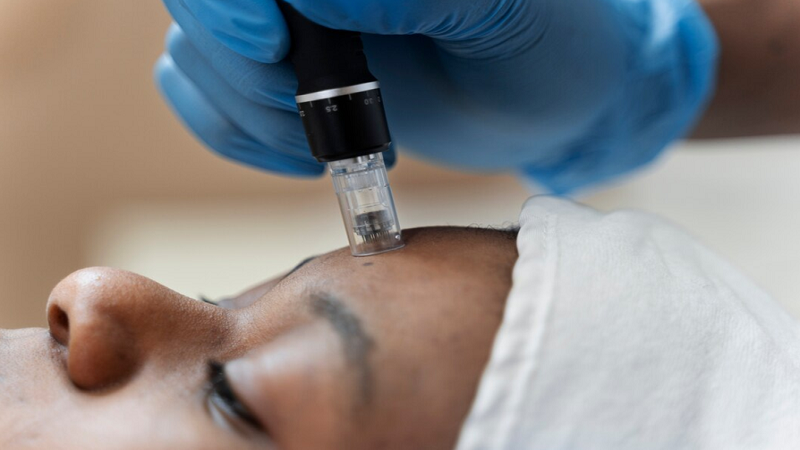For many, the journey to recovery from alcohol use disorder requires healing on multiple levels, including the spiritual. Addressing this aspect can play a crucial role in an individual’s overall recovery and long-term sobriety, especially when integrated into alcohol use disorder treatment.
The Spiritual Void Created by Alcohol Use Disorder
When someone struggles with alcohol use disorder, their focus often narrows to managing cravings, seeking relief, or numbing pain. In this process, individuals may lose touch with their deeper values, purpose, and spiritual identity. Alcohol becomes a coping mechanism, but over time, it creates a void that is difficult to fill. Many who experience alcohol use disorder report feeling spiritually disconnected as the disorder erodes their sense of meaning and purpose in life. This spiritual disconnection can intensify feelings of isolation, making recovery more difficult without addressing the spiritual impact of alcohol use disorder treatment.
How Alcohol Use Disorder Treatment Can Restore Spiritual Health
Alcohol use disorder treatment needs to adopt a multifaceted approach, recognizing that spirituality plays an essential role in many people’s lives. For some, spiritual health is tied to religious beliefs, while for others, it might be connected to a sense of purpose, mindfulness, or connection to nature. Incorporating spiritual healing into treatment can provide a foundation for individuals to rebuild their lives. Along with spiritual healing, one would also require alcohol addiction help for recovery purposes. Whether through mindfulness practices, meditation, or participation in faith-based recovery programs, addressing the spiritual aspects of addiction allows individuals to re-establish a sense of purpose, leading to more sustainable recovery.
The Role of Faith-Based Programs in Alcohol Use Disorder Treatment
Faith-based programs have long been a vital part of alcohol use disorder treatment for individuals seeking spiritual fulfillment. Programs like Alcoholics Anonymous (AA) focus on surrendering to a higher power and following spiritual principles to aid in recovery. These programs emphasize spirituality as a core aspect of healing, allowing participants to find strength through faith and community.
While not everyone may resonate with a religious or faith-based approach, the spiritual principles embedded in these programs—such as honesty, hope, and service to others—can help individuals reconnect with their core values and redefine their lives beyond addiction. Alcohol use disorder treatment that acknowledges the role of faith can be a critical part of a comprehensive recovery plan for those who value this form of spiritual connection.
Mindfulness and Meditation as Tools for Spiritual Healing
For those who do not follow a religious path, mindfulness and meditation have emerged as powerful tools in alcohol use disorder treatment. These practices focus on cultivating awareness and living in the present moment, allowing individuals to confront their inner struggles without judgment. By practicing mindfulness, individuals can reconnect with their inner selves, foster emotional healing, and develop a greater sense of inner peace.
Rebuilding Purpose and Meaning Through Spiritual Recovery
At the core of spiritual health is the concept of purpose and meaning. Alcohol use disorder often leaves individuals feeling purposeless, as the condition takes over nearly every aspect of their lives. One of the most important goals of alcohol use disorder treatment is to help individuals rediscover their sense of purpose, which may have been lost during their addiction.
The effects of alcohol use disorder are far-reaching, often impacting every facet of an individual’s life—including their spiritual well-being. Addressing this dimension within alcohol use disorder treatment is vital for a complete recovery. By incorporating spiritual practices such as mindfulness, meditation, or faith-based programs, individuals can heal not just their bodies and minds but also their spirits. Recovery from alcohol use disorder is a journey, and for many, spiritual healing plays a fundamental role in restoring balance and achieving lasting sobriety.




